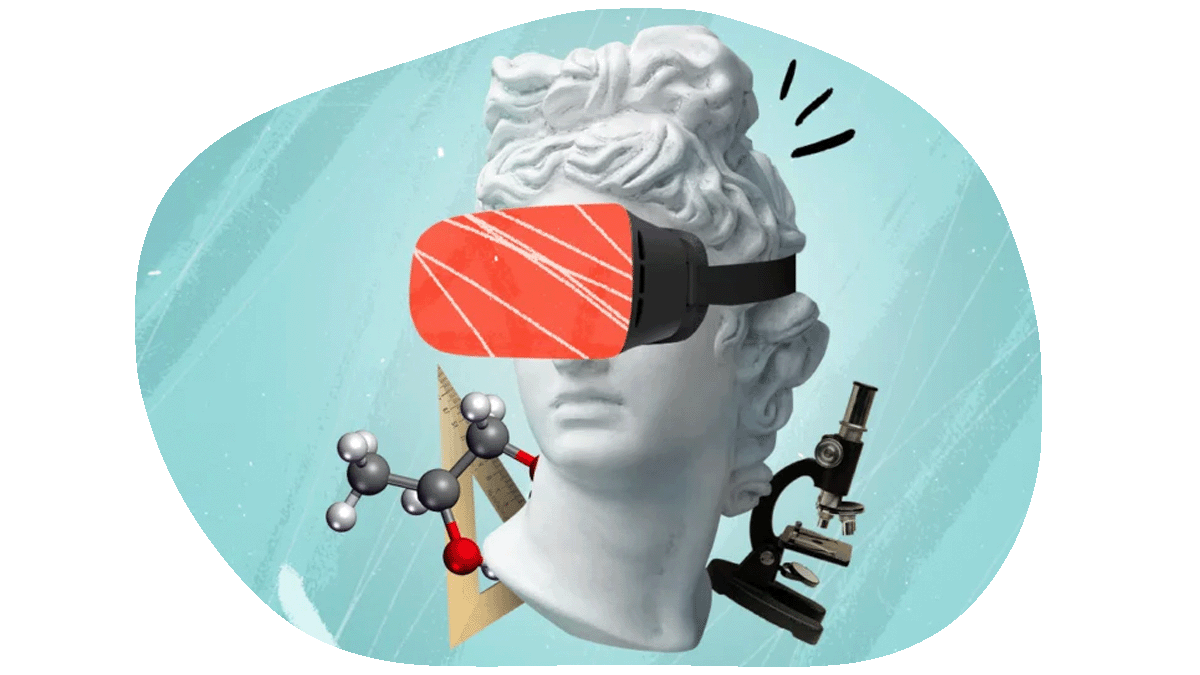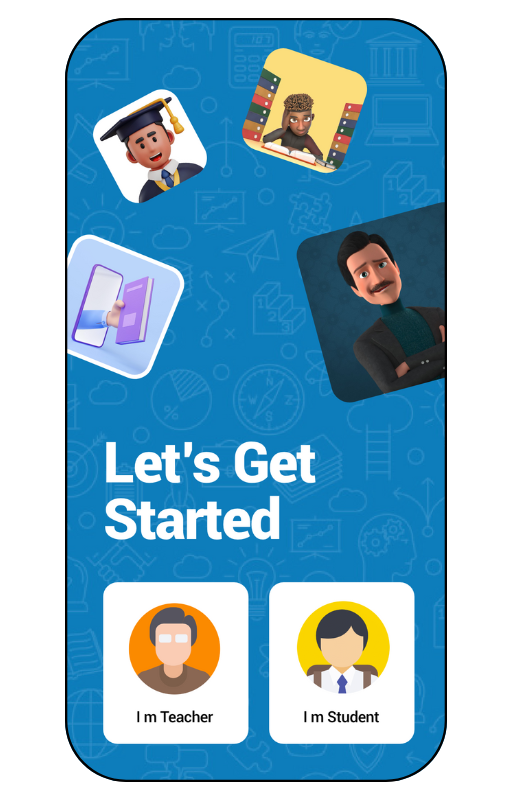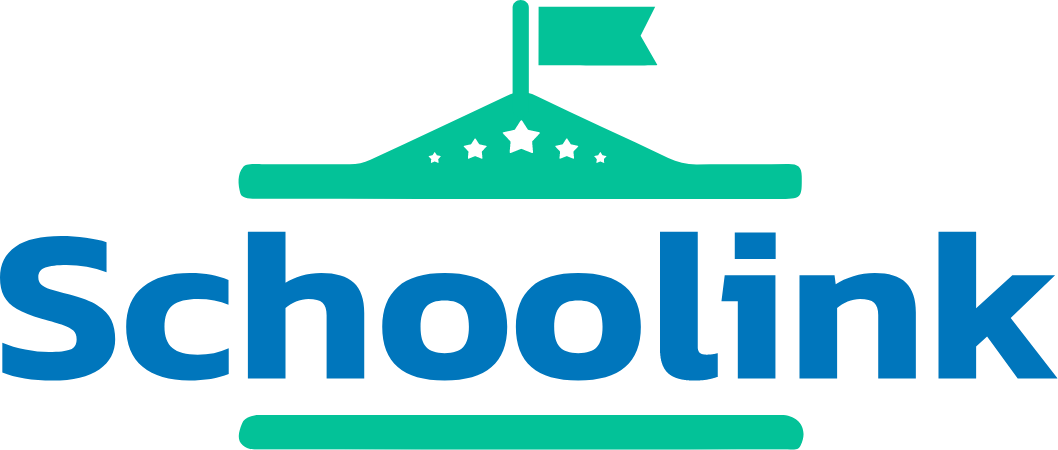
The landscape of education is continually evolving, driven by advancements in technology, shifts in pedagogy, and changing societal needs.
To navigate this ever-changing terrain effectively, educators must stay informed about the trends shaping tomorrow's classroom. In this comprehensive exploration, we'll delve deeper into nine key trends that are revolutionizing education and discuss how they impact both teachers and students.
Personalized learning is a transformative trend that places students at the center of their education.
It recognizes that every student is unique, with their own pace, interests, and learning style. Instead of the traditional one-size-fits-all approach, personalized learning tailors instruction to each student's needs, ensuring they get the support and challenges they require.
This trend is facilitated by educational platforms like Schoolink, which offer adaptive learning resources, customized assignments, and real-time progress tracking.
With personalized learning, students have the flexibility to explore topics that genuinely interest them, delve deeper into subjects they're passionate about, and move at a comfortable pace.
Teachers can use data-driven insights provided by platforms like Schoolink to identify students' strengths and areas for improvement, allowing them to provide targeted support and resources.
Blended learning is the fusion of traditional face-to-face instruction with online learning experiences.
It offers a high degree of flexibility, allowing students to access educational content at their convenience while maintaining valuable in-person interactions. This approach has become increasingly crucial, especially in the context of remote and hybrid learning.
Educational platforms like Schoolink play a pivotal role in creating seamless blended learning environments. Teachers can use Schoolink to design and manage digital lessons, track student progress, and maintain open communication.
The platform facilitates the transition between in-person and online learning, ensuring a consistent and engaging educational experience.
Artificial Intelligence (AI) is rapidly transforming education by providing personalized support to both students and teachers.
AI-powered educational apps, integrated into platforms like Schoolink, can assess student performance, identify areas for improvement, and provide targeted resources for enhancement. These apps act as virtual tutors, adapting their teaching methods based on individual student needs.
AI also streamlines administrative tasks, such as grading assignments and managing schedules, allowing teachers to focus more on teaching and less on paperwork.
Moreover, AI can help educators identify early signs of struggling students, enabling timely intervention and support.
Gamification is a trend that infuses educational content with game elements to motivate students, enhance content retention, and promote healthy competition.
Game-based learning takes this concept further by transforming educational concepts into interactive, immersive experiences.
In platforms like Schoolink, gamification features are used to motivate students by awarding points or badges for completing assignments or engaging in discussions. These elements make the learning process more enjoyable and encourage students to actively participate in their education.
Just enter your email, and we’ll deliver the article to your inbox for reading at your convenience.
Social and Emotional Learning (SEL) has gained recognition as an essential aspect of education. SEL programs focus on teaching students critical life skills such as empathy, self-awareness, and resilience.
These skills not only contribute to academic success but also prepare students for challenges they may face outside the classroom.
Schoolink's social feed feature provides a platform for students to discuss and share experiences, promoting SEL within the educational community.
It fosters a supportive environment where students can engage in meaningful conversations, express their emotions, and develop important life skills.
Augmented and Virtual Reality (AR/VR) technologies are making learning more immersive and interactive than ever before.
Educators are using AR and VR to create virtual field trips, simulations, and interactive experiences that engage students on a profound level. These technologies bring abstract concepts to life, allowing students to explore subjects in unprecedented ways.
In platforms like Schoolink, educators can integrate AR and VR content into lessons, making learning more engaging and memorable. Whether it's exploring ancient civilizations in a virtual world or dissecting a frog in augmented reality, AR/VR enhances the educational experience.
Project-Based Learning (PBL) is an active learning approach that emphasizes real-world problem-solving. Students collaborate on projects that require critical thinking, research, and creativity. PBL encourages students to apply their knowledge and skills to authentic situations, preparing them for the challenges they'll encounter beyond the classroom.
Schoolink facilitates PBL by providing a centralized hub for project collaboration, resource sharing, and communication among students and teachers. It's an ideal platform for guiding students through the entire project lifecycle, from brainstorming and planning to presenting their findings.
Data analytics tools empower educators to make informed decisions about curriculum, teaching methods, and student interventions. Schoolink's analytics feature provides valuable insights into student performance, helping teachers tailor their instruction to meet individual needs.
Educators can identify areas where students excel and where they may need additional support. This data-driven approach ensures that teaching strategies are continuously refined to optimize learning outcomes.
In an increasingly interconnected world, global and cultural awareness is becoming essential. Educational platforms like Schoolink facilitate communication and collaboration between students from diverse backgrounds, fostering cultural exchange and global perspectives.
Students can engage in discussions, share experiences, and collaborate on projects with peers from different parts of the world. This exposure not only broadens their horizons but also prepares them to thrive in an increasingly globalized society.
In this rapidly evolving educational landscape, platforms like Schoolink play a pivotal role. Schoolink provides a dynamic ecosystem where these trends can be seamlessly integrated into classroom practices.
From personalized learning paths to collaborative project-based learning, Schoolink empowers educators and students to embrace the future of education.
As educators, it's crucial to stay informed, adaptable, and open to innovation. By leveraging these trends and tools like Schoolink, you can create a classroom experience that prepares students for the challenges and opportunities of tomorrow's world.


Schoolink - Your educational app
for insights, tips, and trends